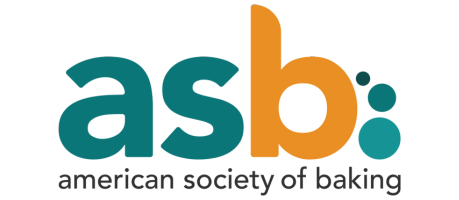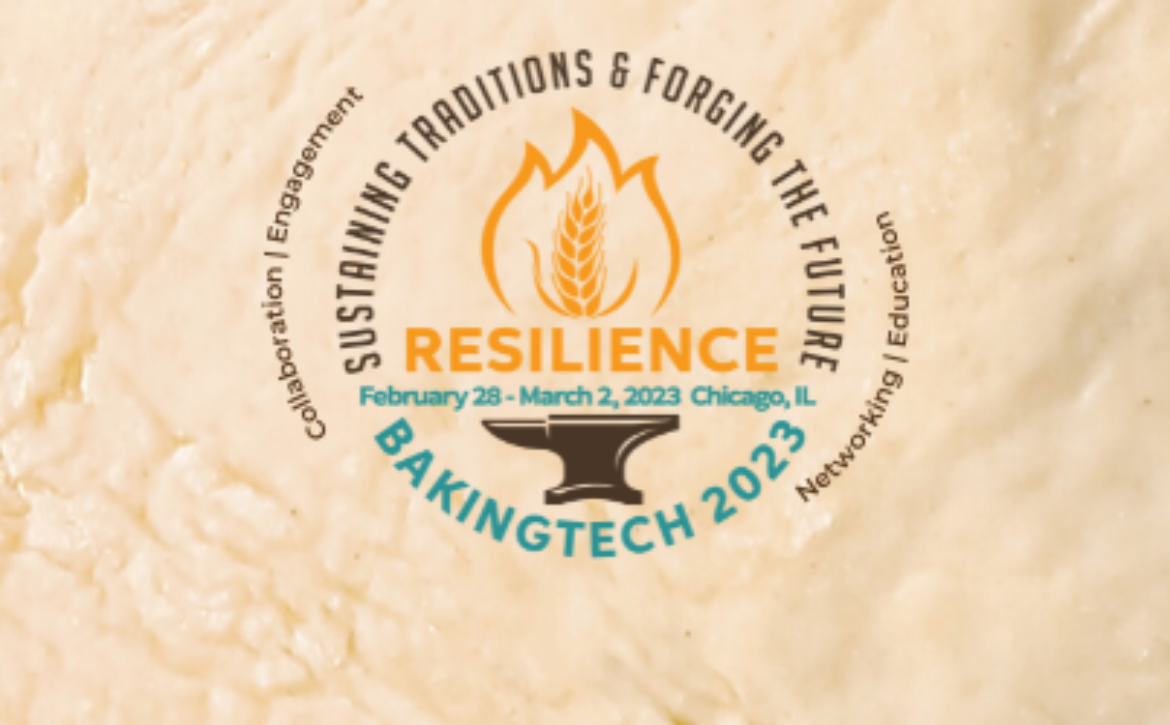Resilience to Reach New Zero Carbon Emissions by 2050
Climate change, a trend topic in everyone’s day to day conversation. It affects everything: politics, economies, society, life expectancy, what you eat, what you drink, where you go, how you live.
Thousands of companies, from several industries, have committed to reduce their GHG emissions by 2030, 2040 or2050; however, in the food industry, such commitments have become difficult to make due to the value chain that accounts for scope 3 emissions, and that usually account for more than 70% of a bakery manufacturer’s carbon footprint.
Understanding the emissions generated in a process makes it easier to commit to reduce them. As more companies become involved in reaching net zero carbon emissions, it becomes easier to reduce the carbon footprint of the industry. Coordination within the sector and sharing best practices will be the only real way to assure we reduce the globe’s temperature enough for it to thrive and not only survive, however the uncertainty on how to reduce any emission is keeping away companies from the final goal: Save our planet.
Resilience is needed, and the timing is now.
- Learning Objectives
Understand how emissions are divided in scope 1, 2 and 3 and what is involved in each scope seen from a baker’s point of view. Visualize the impact every baker, supplier or customer has in the world and be ready to make the commitment to become net zero carbon emissions by 2050 at the latest (if not before). - Resilience in scope 1: Share the importance of new technologies and new processes needed to tackle fossil fuel conversion and state the relevance of OEM support to decrease emissions.
- Identify where emissions are generated in the value chain. Bakers need to account for them in the 15categories of scope 3.The resilience in suppliers will have an important role in company strategies to decrease such emissions
Presenter
Irene Espinola Campos, Grupo Bimbo
Closing General Session
Closing General Session Schedule
2:00pm: Opening Remarks
2:10pm: Resilience to Reach Net Zero Carbon Emissions by 2050: A Process Every Bakery Must Adopt to Thrive
2:35pm: Carbon Negative Presentation
3:00pm: PDC Award Ceremony
3:10pm: RAF Award Presentation
3:15pm: Bread Talk #3
Manufacturing for Success in Challenging Market Conditions
In recent years, several global market events have impacted the baking industry. Coronavirus caused major labor shortages and greatly impacted cost of goods and supply/demand. Bad crop cycles have caused shortages of essential ingredients. War in Eastern Europe created massive shortages of ingredients like wheat and sunflower oil. Labor shortages resulted in manufacturing facilities running at less than full capacity; and impacted the ability to ship goods in a timely and cost-effective manner. We are now able to see just how fragile the global supply chain is.
It is crucial that manufacturers are positioned to adapt and mitigate the impact of these market changes. Manufacturers must find a way to meet customers’ demand for product, as well as balance the market constraints such as product availability and rising costs. They must continuously invest in the productivity and efficiency of their facilities to ensure that they are optimized for performance and poised for growth even during challenging times. Formulation adjustments for processing aids should be evaluated to determine whether there are alternatives that will meet production demand, while still satisfying consumer needs. Working with trusted supplier-partners, who are prepared for these major market events, is now more valuable than ever.
Learning Objectives
- Understand the balance between market constraints and consumer demands
- Optimize their manufacturing facilities for continued success, and improved performance during challenging times
- Develop a strategy around product formulation that is highly effective when raw materials are not readily available or have significantly increased in price
Session Information
Breakout 7: Planning for the Next Pandemic
Thursday, March 2, 2023
1:15pm – 1:50pm
Presenter
Laura Williams, Vantage
Jon Sperry, Vantage
The Future Security of Raw Materials and Using Ingredient Substitutions
With today’s uncertainty in raw materials and supply chain issues, bakers are looking for innovative ways to work around these issues. Looking forward to adapt and plan for future disruptions by using ingredient substitutions can be a way to keep supplies on the shelves, optimize bowl costs, and even manage consumer’s shifting desires for cleaner and more natural ingredients.
Learning Objectives
- Discover effective ingredient technologies that can help reduce volatile ingredients and replace raw materials that aren’t in supply.
- Identify tools to eliminate dependency on raw materials while still creating a quality product.
- Learn how to utilize ingredient substitutions that will optimize your bowl cost and continue to give a supreme product while also addressing consumer’s shifting desires.
Session Information
Breakout 7: Planning for the Next Pandemic
Thursday, March 2, 2023
1:15pm – 1:50pm
Presenter
Abby Ceule, Corbion

